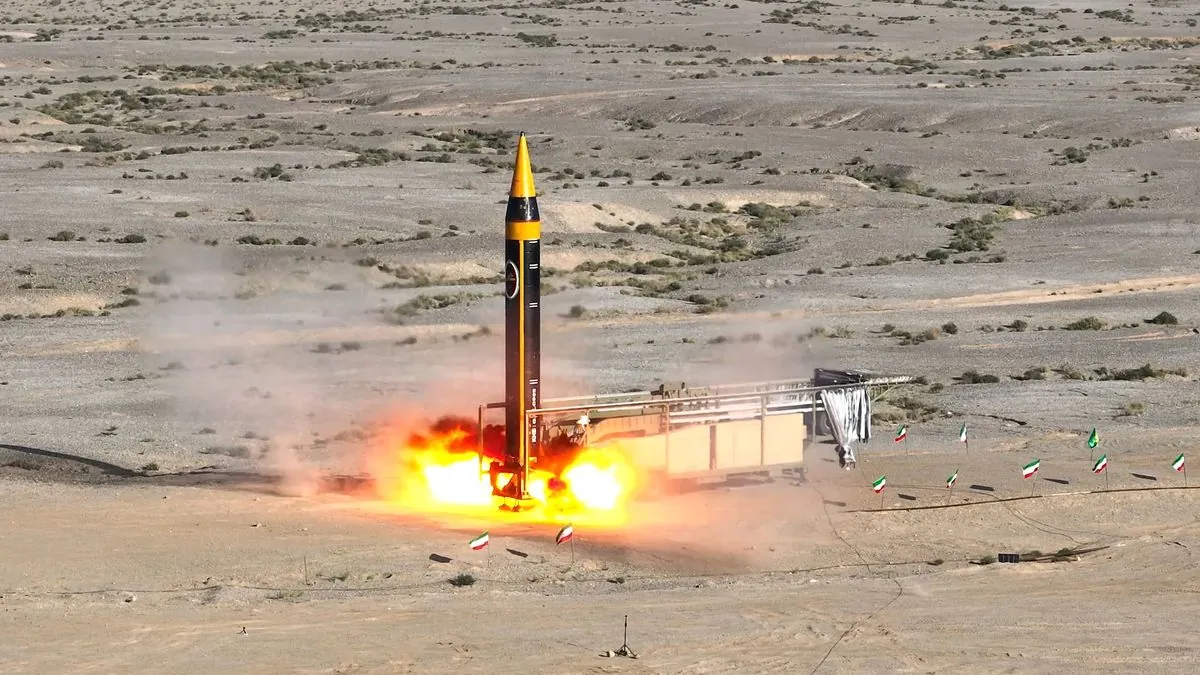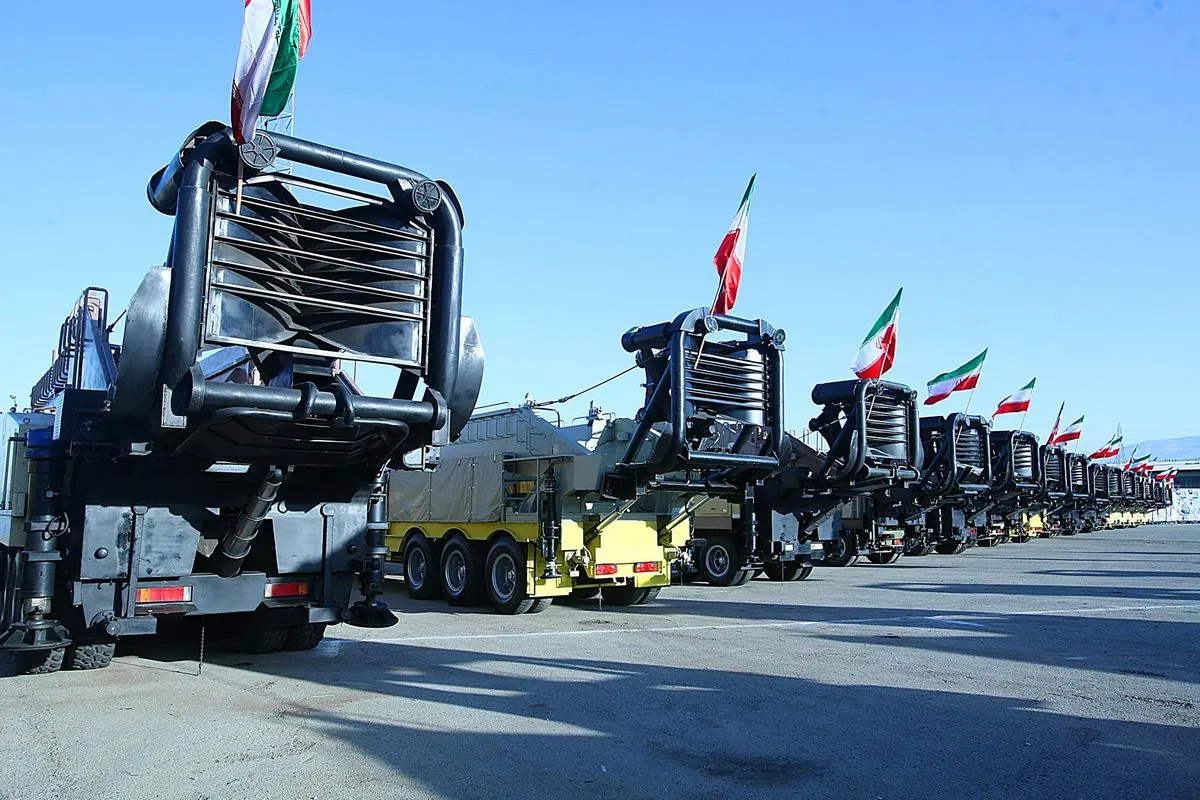EU Warns of 'Strong Response' to Iran's Missile Transfer to Russia
The EU confirms Iran's ballistic missile delivery to Russia, warning of a robust reaction. This move, violating international laws, could escalate attacks on Ukrainian civilians, prompting EU's unified response.

The European Union has confirmed the transfer of ballistic missiles from Iran to Russia, signaling a significant escalation in the ongoing conflict in Ukraine. Peter Stano, the EU foreign affairs spokesperson, announced on September 10, 2024, that this action would be met with a "strong response" from the bloc.
Josep Borrell, the EU's High Representative for Foreign Affairs and Security Policy, has already prepared "a substantial set of decisive and targeted measures" against Iran in response to this transfer. These measures, however, require unanimous approval from all 27 EU member states to take effect, highlighting the bloc's commitment to consensus in foreign policy decisions.
The EU's diplomatic service, the European External Action Service (EEAS), has received credible information confirming the delivery of Iranian ballistic missiles to Russia. This transfer is viewed as a violation of the UN Charter, international law, and international humanitarian law.

Stano expressed concerns that these missiles could assist Russia's bombing campaign against Ukrainian civilians, cities, and infrastructure, potentially increasing civilian casualties and destruction. The EU spokesperson emphasized that such support for Russia's actions against Ukraine's population would not go unanswered.
"A delivery of ballistic missiles will likely assist Russia's escalatory bombing campaign against Ukrainian civilians, cities and civilian infrastructure, further increasing civilian casualties and destruction."
This development comes more than two and a half years after Russia's full-scale invasion of Ukraine, which began on February 24, 2022. The conflict has since seen multiple rounds of sanctions imposed on Russia by the EU and other international actors.
Iran's missile program, one of the largest and most diverse in the Middle East, has long been a source of international concern. The transfer of these weapons to Russia not only violates UN Security Council Resolution 2231 but also potentially constitutes a war crime if used against civilian targets.
As the situation unfolds, the EU's response will be closely watched by the international community. The bloc's ability to maintain unity in the face of this new challenge will be crucial in determining the effectiveness of its foreign policy and its role in addressing the ongoing conflict in Ukraine.


































